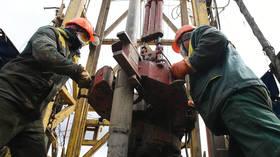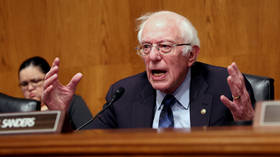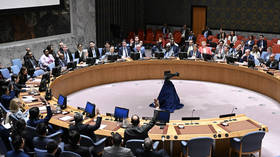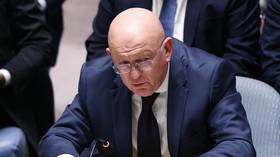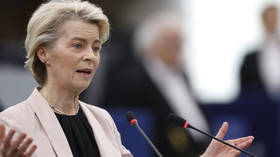Germany & Netherlands roll out gas drilling plans
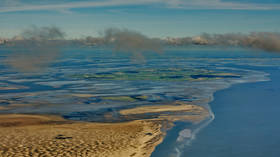
Germany and a Dutch resource company may begin new offshore drilling for natural gas in the North Sea, according to a joint declaration on Wednesday. They said Russia’s attack on Ukraine had prompted Berlin to reevaluate its energy security.
The hitherto untapped gas field lies 20 kilometers (12 miles) from the Wadden Sea, a UNESCO World Heritage site, near the Dutch island of Schiermonnikoog and the German island of Borkum and under the seabed of both countries.
Lower-Saxony Economics Minister Dr. Bernd Althusmann said that extracting gas in German territory on the condition of domestic demand for the fuel source was a “sensible framework for possible natural gas production in German waters.”
“The potential of this field and the fields in the vicinity is about 60 billion cubic meters,” Chris de Ruyter van Steveninck, the CEO of ONE-Dyas, the largest privately owned exploration and production operating company in the Netherlands, told the state-funded broadcaster NOS.
Conservation groups warn that the project could endanger the Wadden Sea by causing narrowed shipping lanes and increase the likelihood of accidents. A Dutch environmental impact assessment cited “minimal damage” to the nearby Borkumse Stenen nature reserve.
ONE-Dyas claims to have consulted stakeholders, but mayors of both Wadden islands have voiced objections to the project. One called the extraction of gas from new fields “old fashioned and obsolete” and the other told NOS that the “urgent need” for gas notwithstanding, it ought to be extracted “further from the shore.”
The final approval for Germany’s participation in the project lies with the State Office for Mining, Energy and Geology (LBEG).
The European Parliament passed a non-binding resolution advocating “an immediate full embargo on Russian imports of oil, coal, nuclear fuel and gas” on April 7. EU countries seek to uncouple their economies from the Russian fuel sources, upon which they rely heavily, in the name of their own energy security and in the hopes of starving Russia’s economy.
